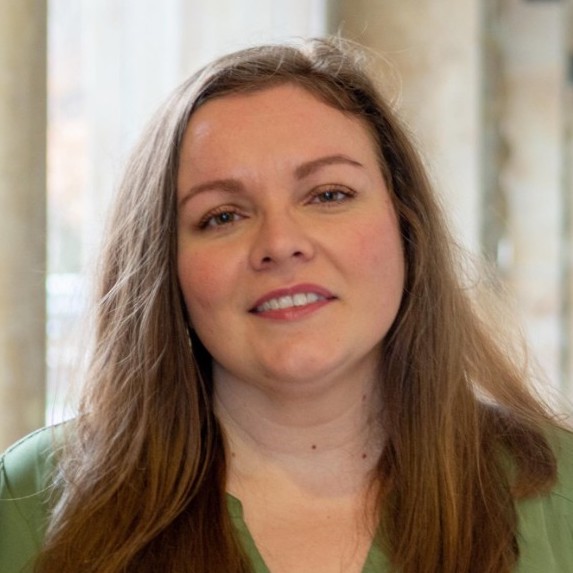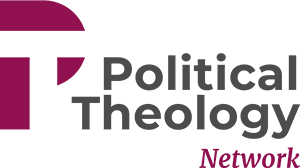Princeton Theological Seminary
Barth & the Political
2023 Karl Barth Conference
June 18—21, 2023 • Hybrid Conference
Center for Barth Studies
Barth & the Political
The task of theology, as Karl Barth maintained throughout his life, is to talk about God, but who this God is will invariably conjure up conflict with political power aspirations. Barth’s positioning of theology has always been contested—as too political by some, as un-political or anti-political by others–and his concrete theological commitments as well as his concrete political stances have been problematized in a variety of ways.
The aim of the conference is simple and momentous: to engage the contested and the disruptive in both the theological and the political. Major scholars working in different areas of political theology will test and contest Barth as a resource for political theology, broadly construed, and enter into critical and constructive conversation with Barth. The conference will foster new conversations on Barth and political theology, generate creative space for critical engagement, and explore the potential for an explicitly theological stance in complex and difficult social and political contexts.
Barth understood theological judgments to be entangled with political judgments. Barth was acutely aware of death-dealing political theologies that emerge from religious nationalism and its programs. Certainly, every biography of Barth references his commitment to socialism, his preaching to struggling blue-collar workers, and the fervent objection to his teachers for their political illusions. That Barth was immersed in the political cannot be refuted. The aim of the conference is to read Barth out of the box together with those who are not by name or profession “dedicated Barth scholars” because we agree with Barth, that “the Christian community is of ultimate and supremely political significance.” The aim is to read Barth squarely situated in his context because we think his context may be relevant to the “prevailing present”—current religious forms of nationalism in the United States make Barth’s context a little closer to home than we might like to think. Conference participants were selected because they each agree we ought always to attend to the most urgent questions of theology. Reading theology through the prism of Barth’s political commitments is heuristic for considering theology as a site of resistance and as prophetic witness.
Plenary Speakers
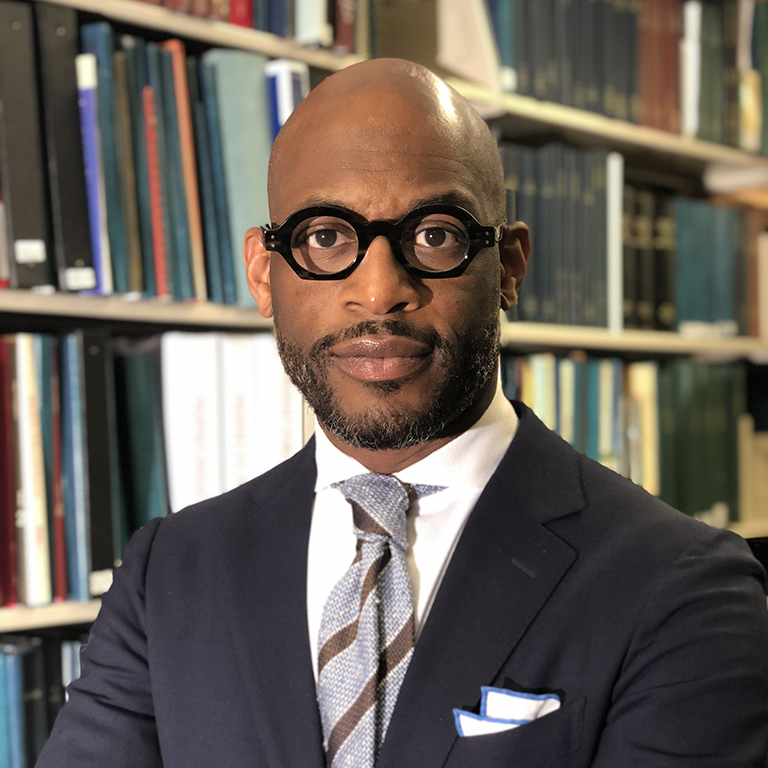
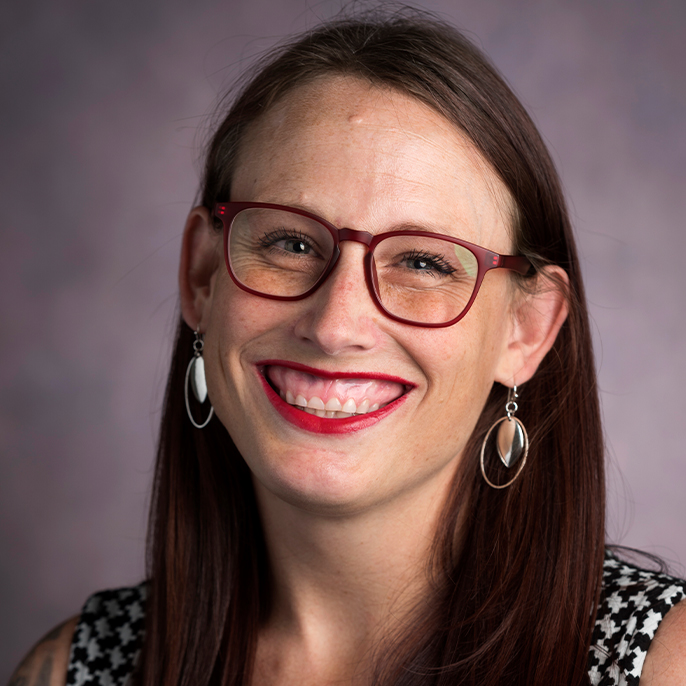
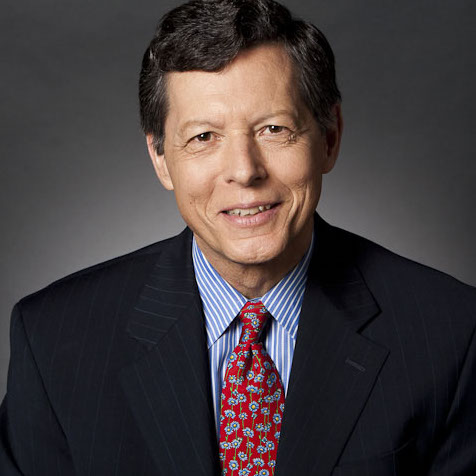
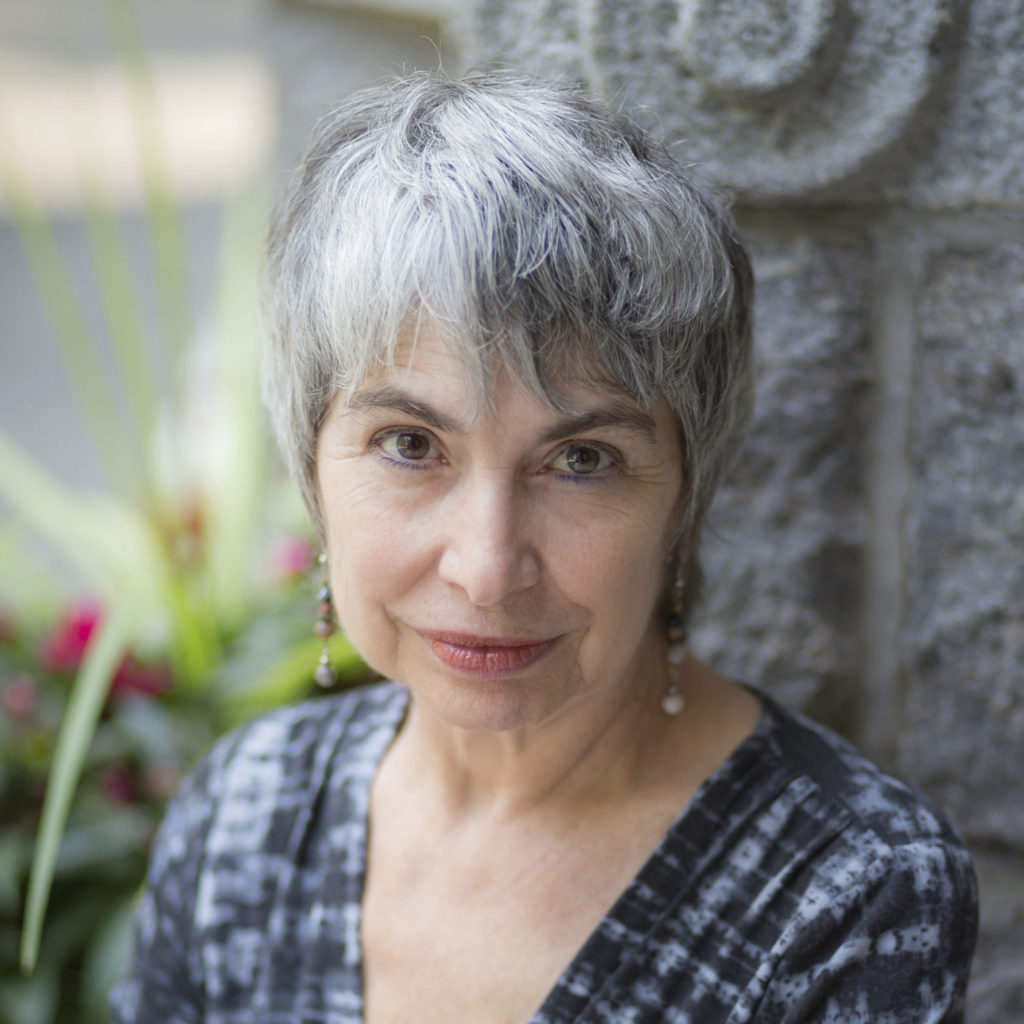
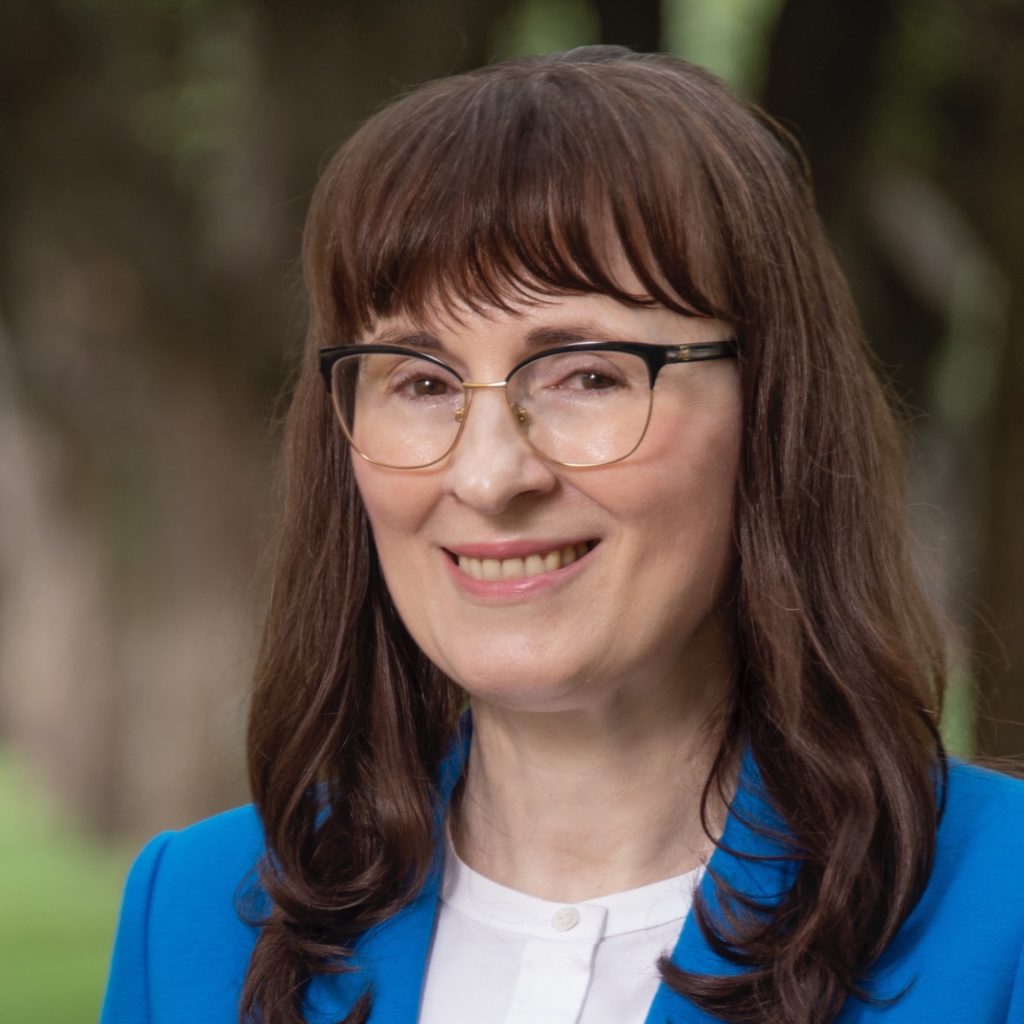
Her first book, The Goodness of Home: Human and Divine Love and the Making of the Self, was published by Oxford University Press in 201 and won the Aldersgate Prize. She is currently working on two book projects: Love, Justice, and Thriving: A Queer Feminist Soteriology, supported by a grant from the Templeton Foundation, and A Theology of Human Migration: Fleeing Oppression with a Migrant Savior.
Prior to joining the United Lutheran Seminary, Marandiuc taught at Perkins School of Theology, Southern Methodist University, where she also served as affiliate faculty in the Religious Studies graduate program, and at Yale Divinity School. Her teaching ranges from historical doctrinal loci to feminist, queer, and liberation theologies, theology and race, political theologies and social justice, and theological ethics.
Marandiuc co-chairs the Christian Systematic Theology Unit within the American Academy of Religion, and serves in the steering committee of AAR’s Kierkegaard, Religion, and Culture unit. She is a member of the advisory board of Logia, which supports the work of women scholars in the theological academy. Marandiuc is a lay leader in the Episcopal Church (ECUSA),and often serves as liturgical assistant in her parish, while maintaining roots in the (Ana)baptist church in her native Romania.
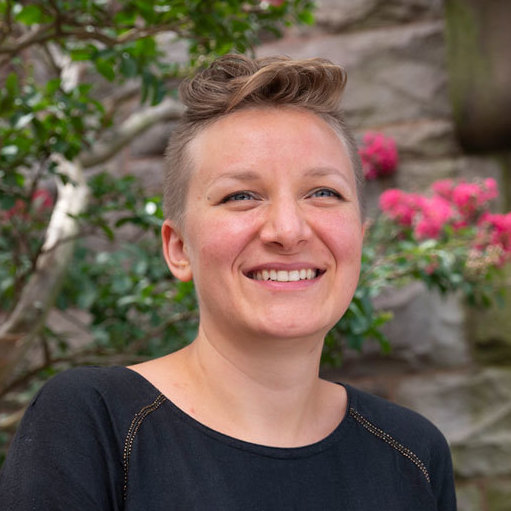
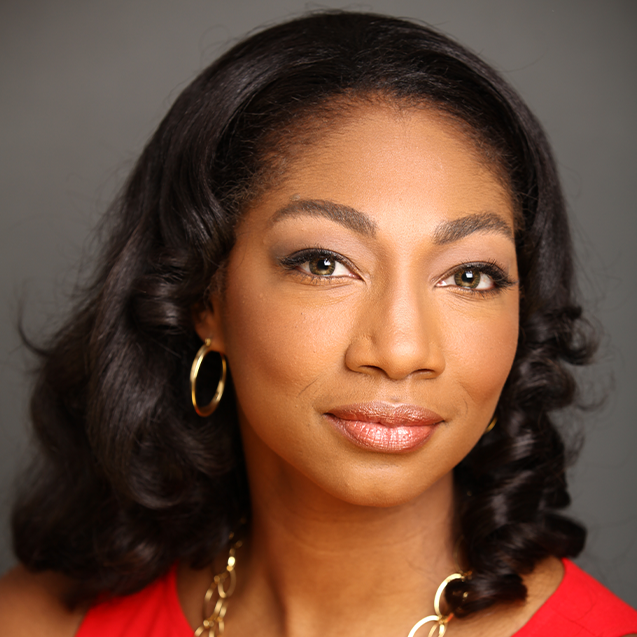
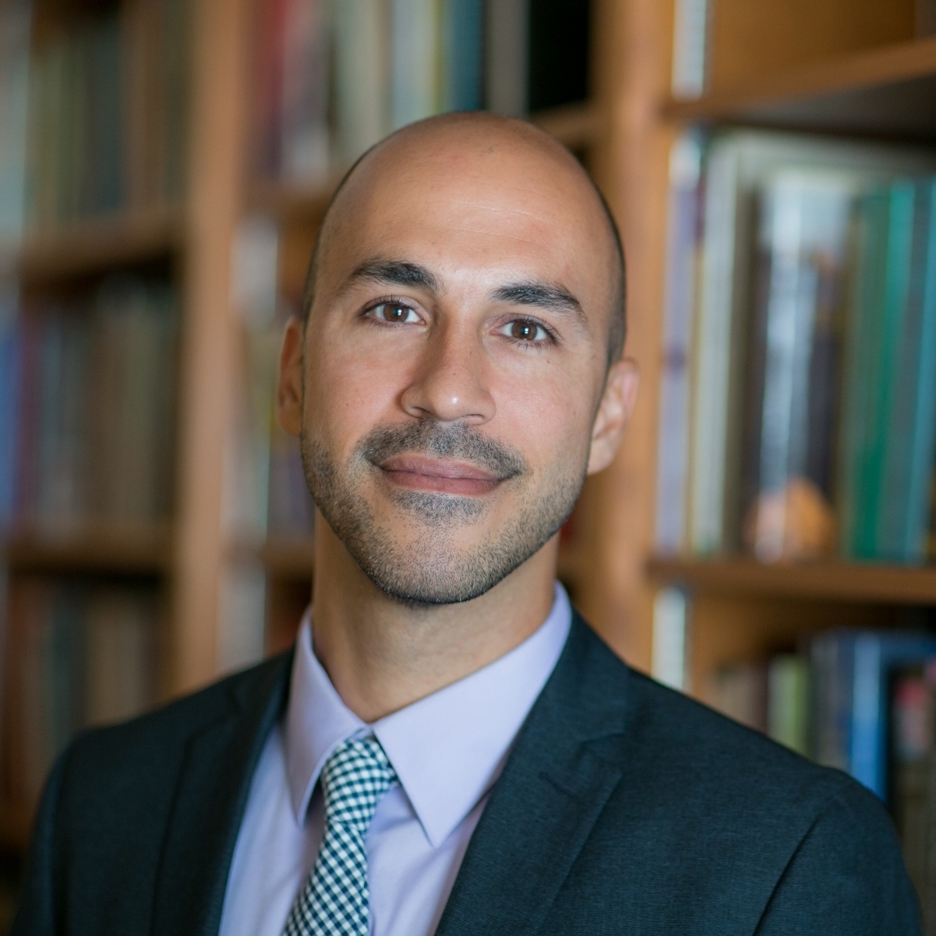
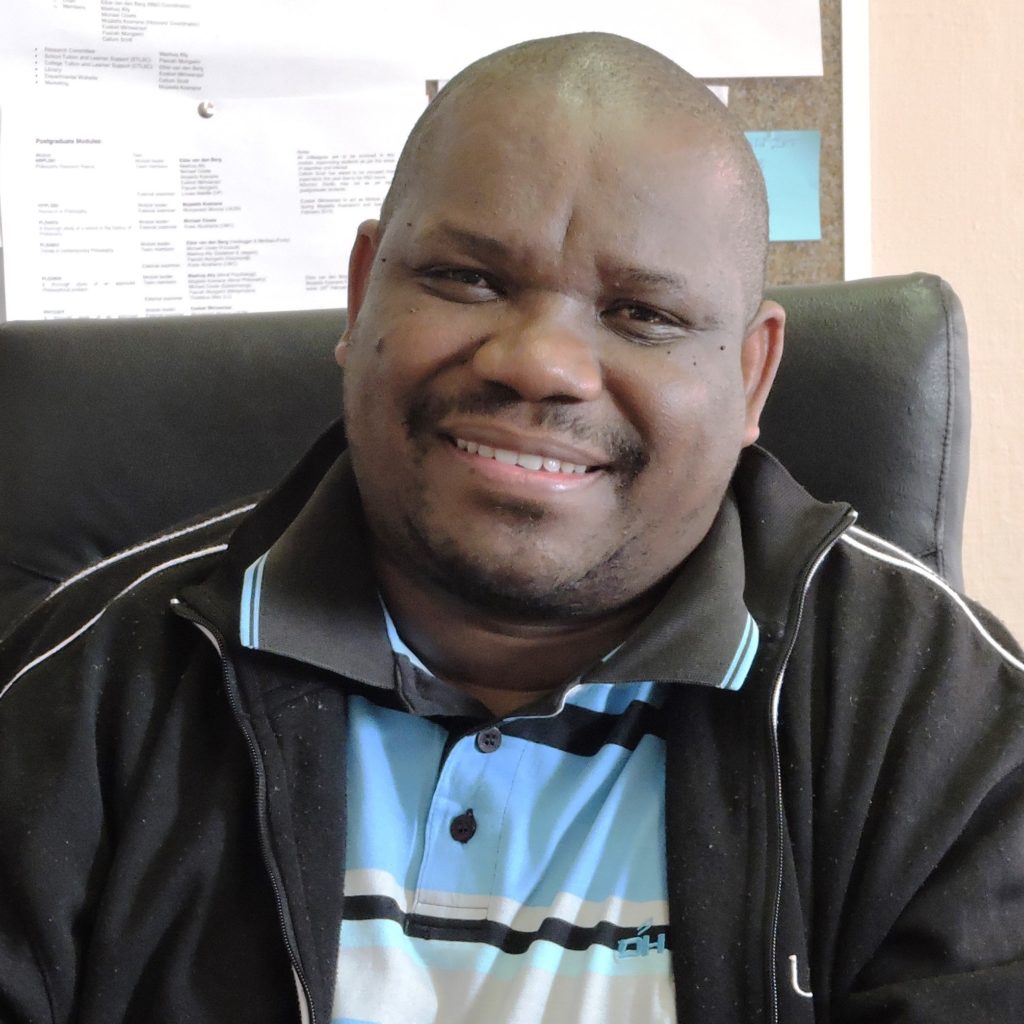
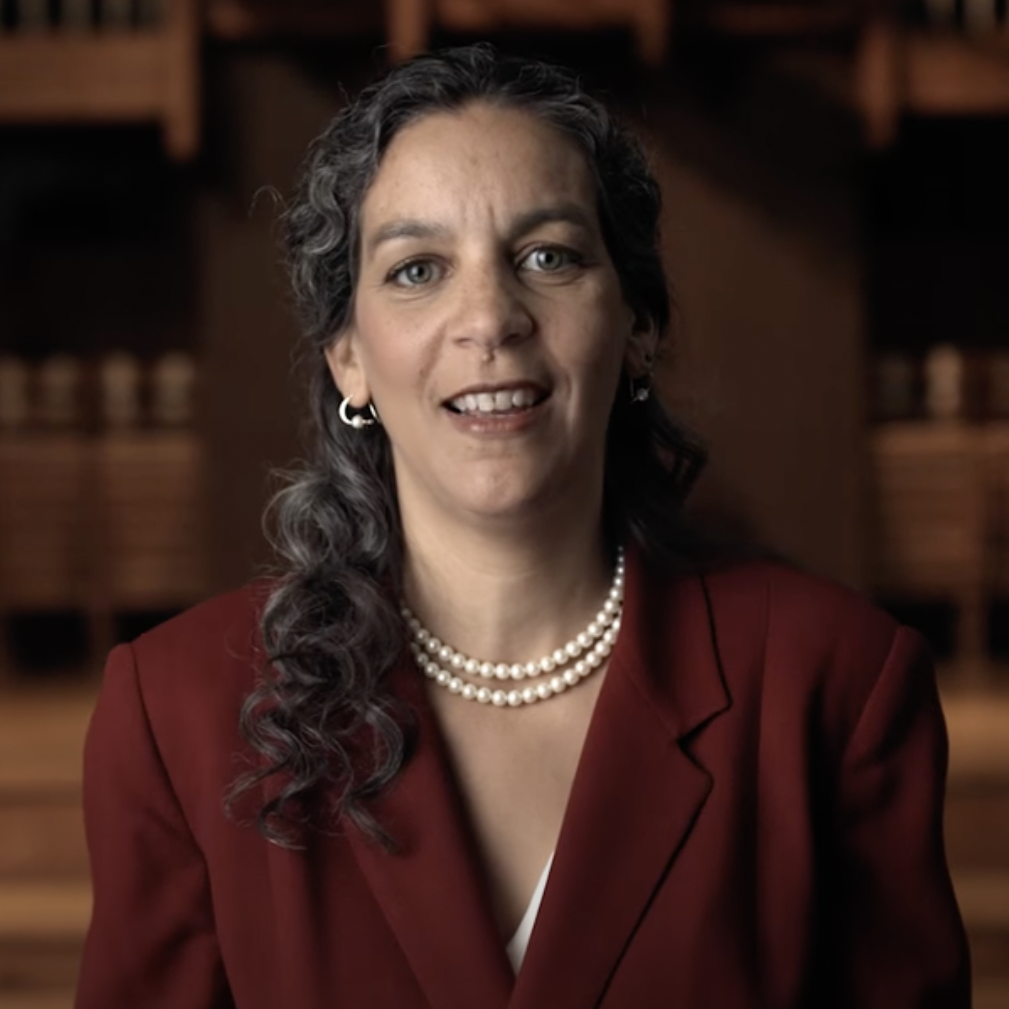
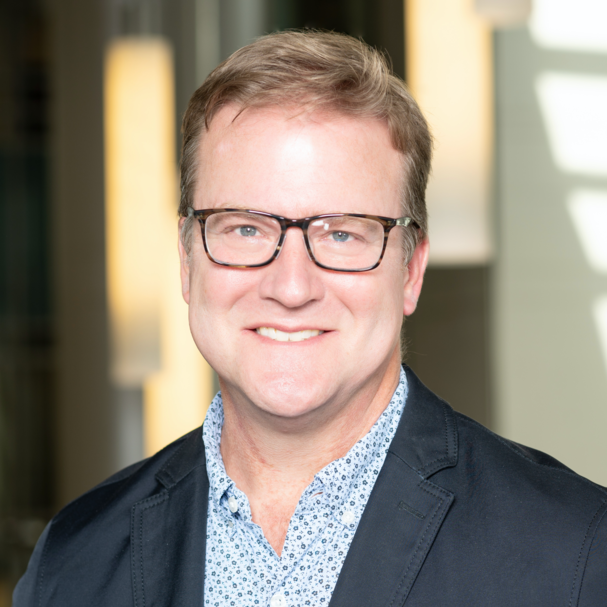
At Emory, Smith also teaches in the Graduate Division of Religion and is an affiliated faculty member with the Center for the Study of Law and Religion. Beyond Emory, Smith serves as a senior fellow with the University of Virginia’s project on Religion and Its Publics, the steering committee of the Political Theology Network, and a member of the editorial boards for Political Theology and Practical Matters. He recently completed two terms on the board of the Louisville Institute.
Concurrent Speakers
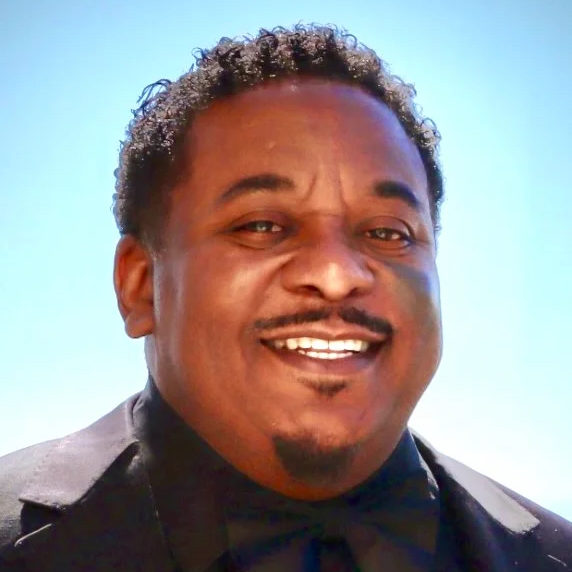
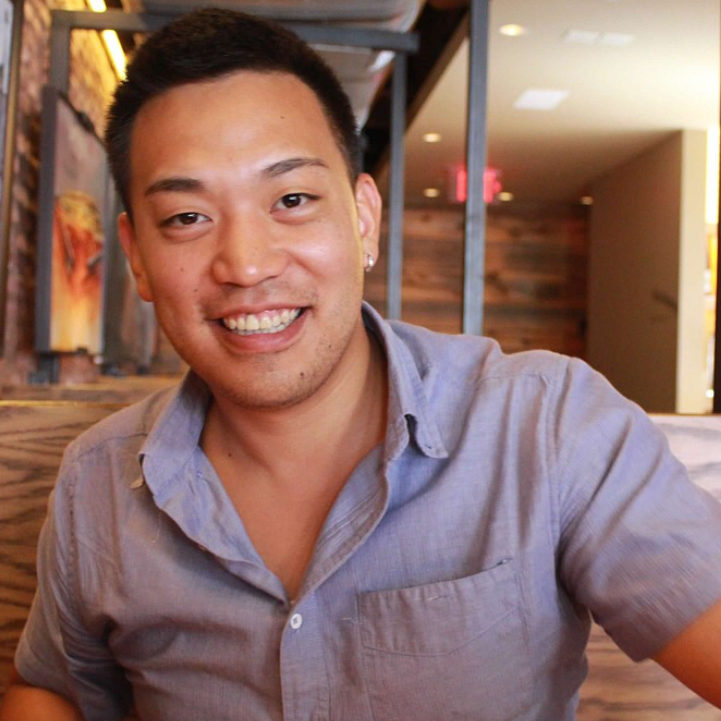

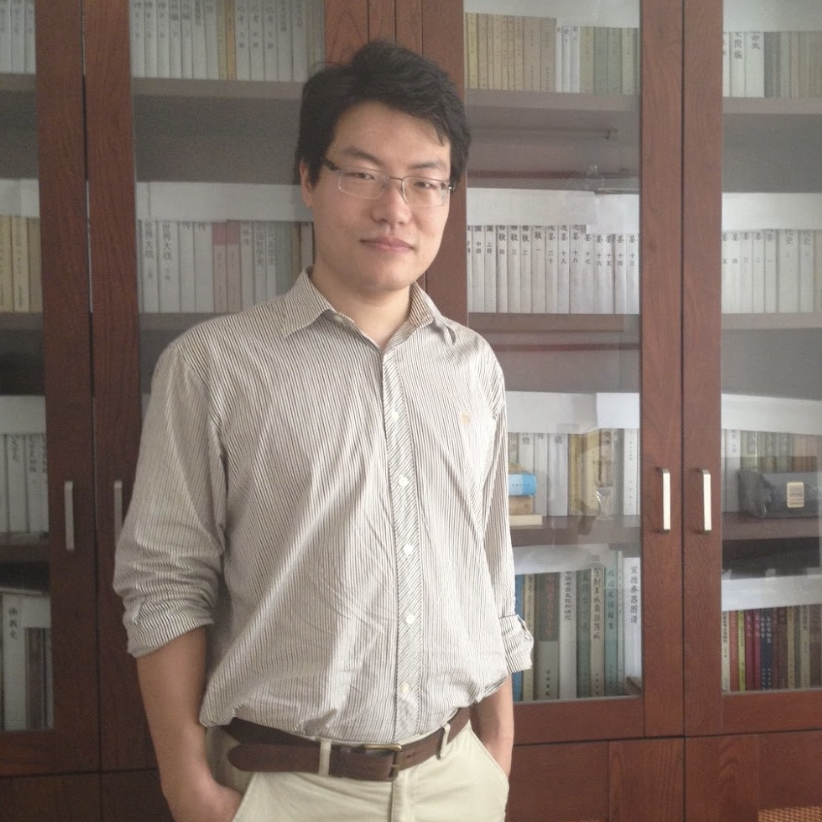
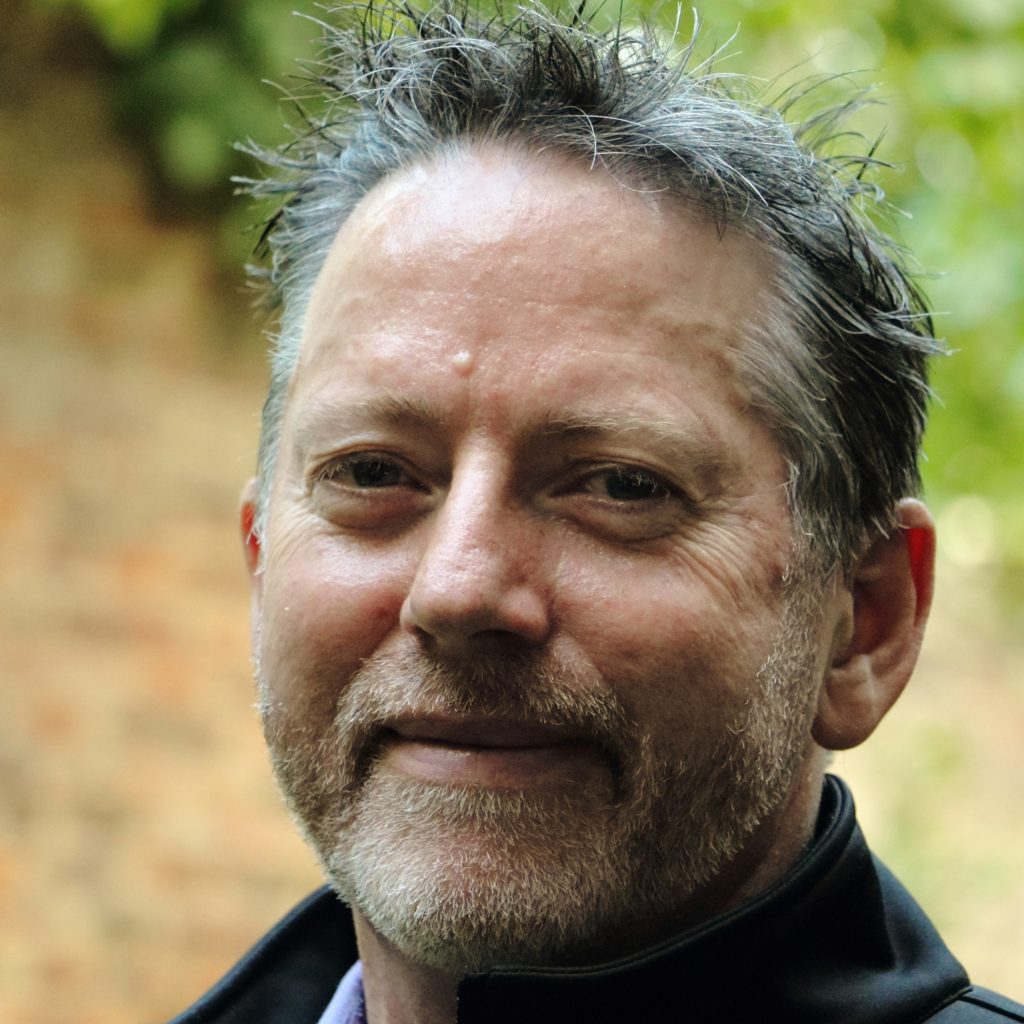
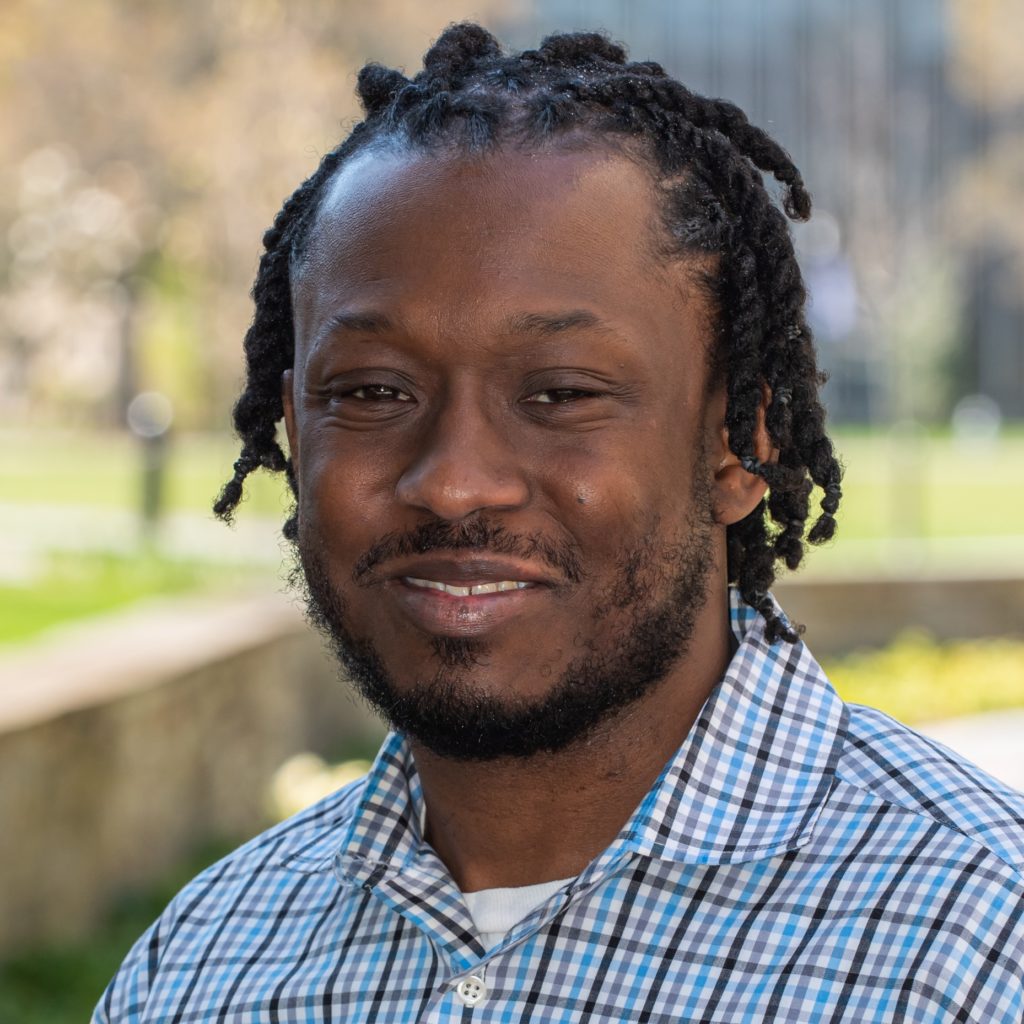
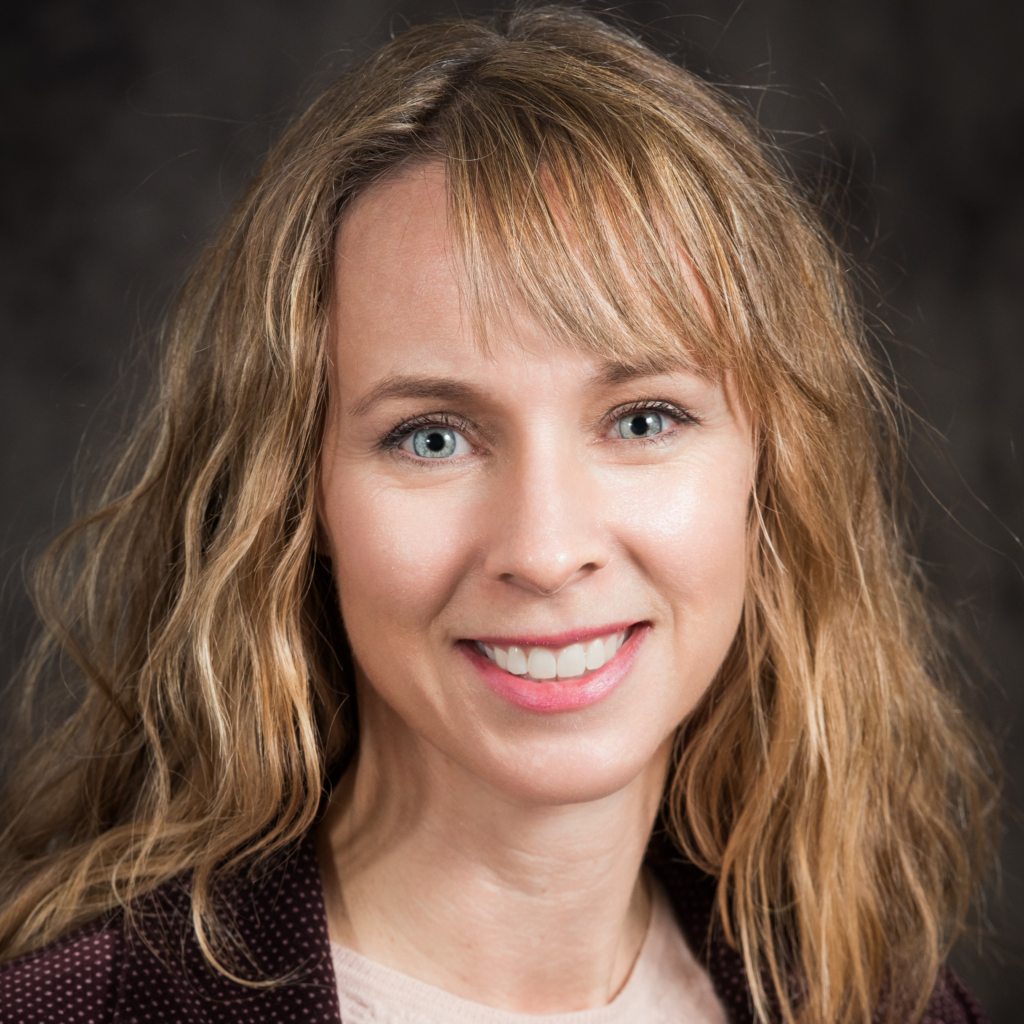
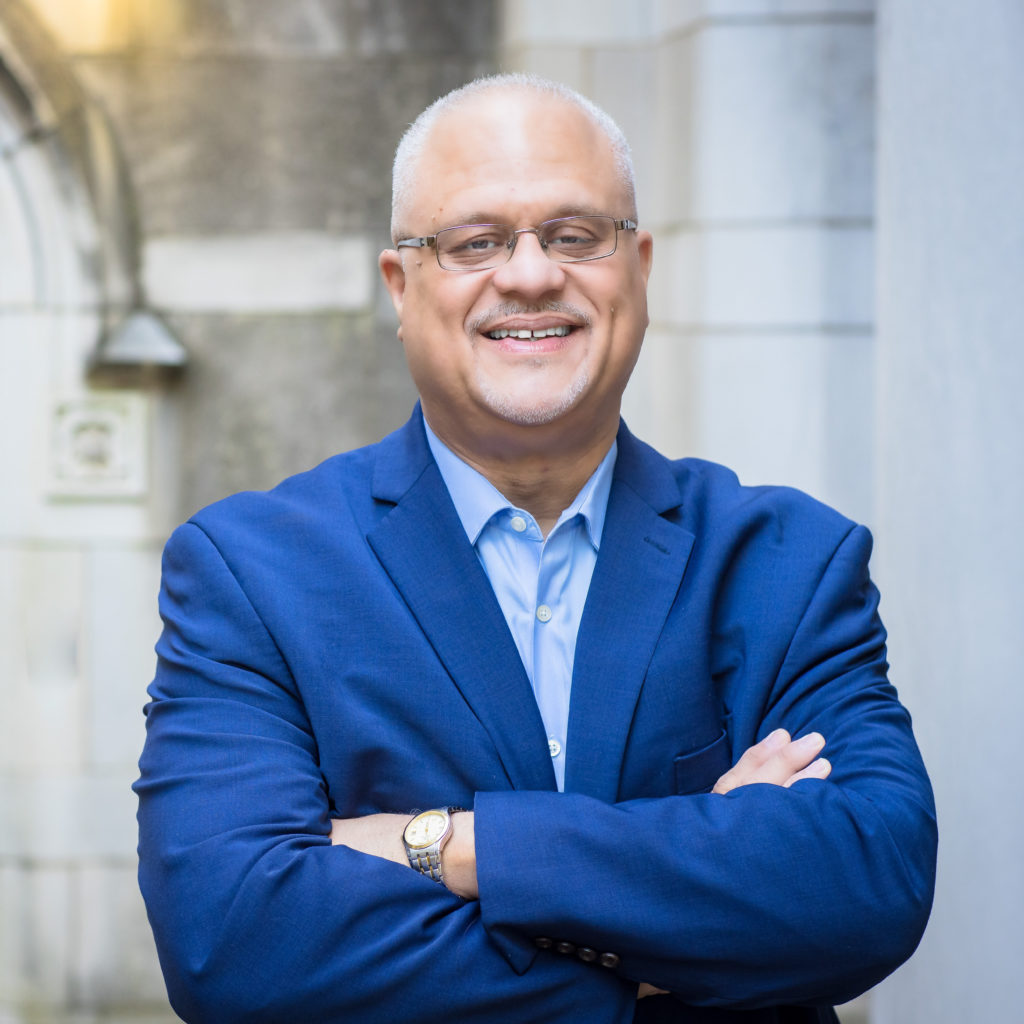
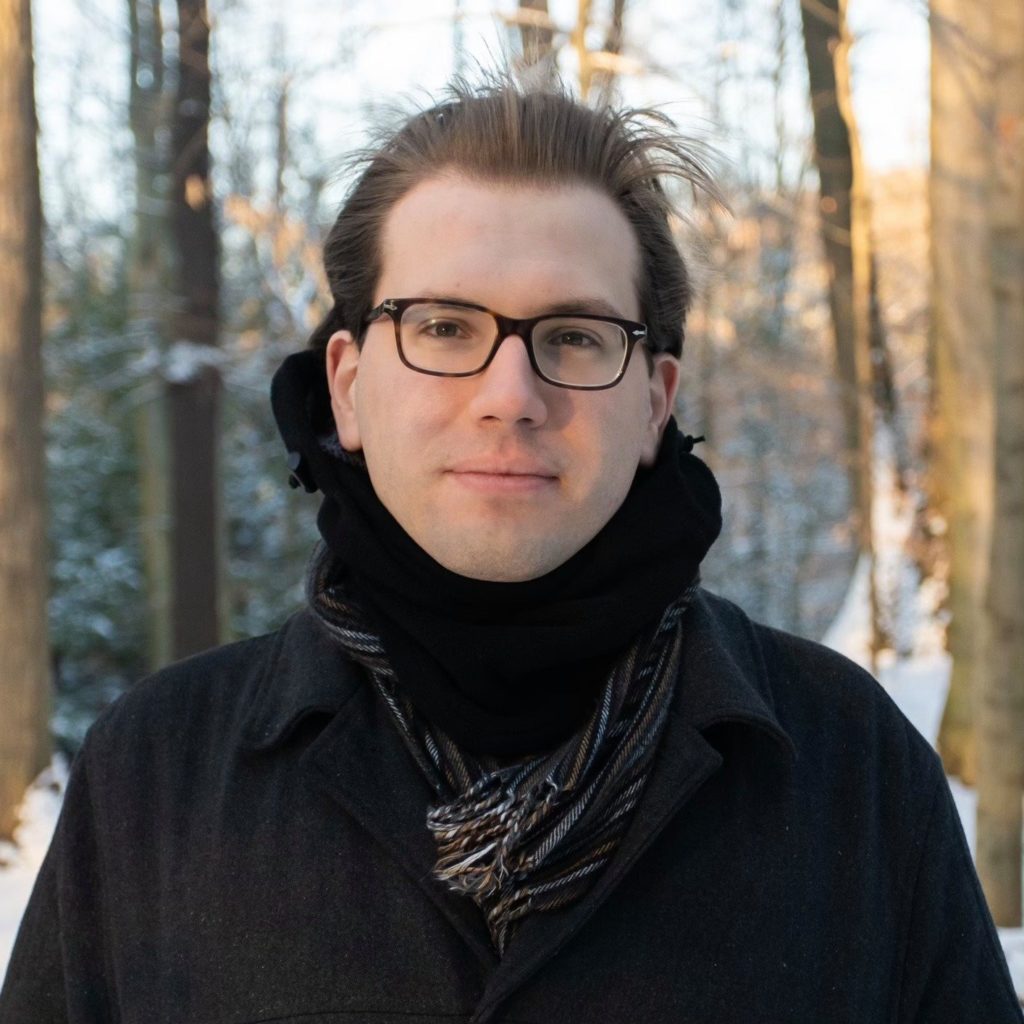
Schedule
Sunday, June 18, 2023
Time (ET)
Session
Presenter
6:30- 7:30PM ET
Registration (outside Stuart Hall 6)
7:30- 9:00PM ET
Opening Panel Discussion (Stuart Hall 6)
Moderated by Hanna Reichel
J. Kameron Carter
Brandy Daniels
Rothney Tshaka
Catherine Keller
Monday, June 19, 2023
Morning Session
Time (ET)
Session
Presenter(s)
8:45-10:00AM ET
Plenary Lecture #1: Siting the Body Politic: Barth and the Ascension (Stuart Hall 6)
Dr. Devin Singh
Break with coffee and refreshments (outside Stuart Hall)
10:45AM- 12:00PM ET
Plenary Lecture #2: How Not To Be Christian In Society? Towards a Theopolitics of Refusal (Stuart Hall 6)
Dr. Brandy Daniels
Lunch (provided in Mackay Dining Hall) 12:00- 1:00PM ET
Afternoon Session
Time (ET)
Session
Presenter(s)
1:15- 2:30PM ET
Concurrent Session A: Wayward Justice and Abolition
“Keep to the Left:” Karl Barth and Black Leftists
Joseph Scrivner (Professor, Stillman College)
“The Beast from the Abyss:” Karl Barth, State Violence, and Abolition
Christopher Choi (PhD Student, University Virginia)
Punishment and Salvation: Prison Abolition and Barth’s Just Judge
Lisa Powell (Professor, St. Ambrose University)
1:15- 2:30PM ET
Concurrent Session B: Neoliberalism, Nationalism and Aesthetics
In Search of Priestly Witness: A Barthian Intervention in the Chinese Church-State Relationship in a Neoliberal Age.
Quan Li (Luke Lee) (Visiting Scholar, Humboldt Researcher, Free University of Berlin)
Strange Fruit: Karl Barth, Black Religion, and the Ellipsis of the Imagination of Matter.
Raymond Carr (Visiting Scholar, Harvard University)
“A Wholesomely Disturbing Presence”: Bringing Stout to Bear on Barth’s Vision for Christian Political Engagement.
Emily Wilton (MDiv, Princeton Theological Seminary)
2:45- 4:00PM ET
Plenary Lecture #3: Theology and Socialism Intertwined and Held Apart: Social Democracy, Ragaz, Christian Socialism, and Barth (Stuart Hall 6)
Break with coffee
4:15- 5:30PM ET
Plenary Lecture #4: The Irrelevance of Karl Barth for South Africa Amid Quests for Decolonized Theological Knowledge Production (Stuart Hall 6)
Tuesday, June 20, 2023
Morning Session
Time (ET)
Session
Presenter(s)
8:45-10:00AM ET
Plenary Lecture #5: Against Dominance: Barthian Christology and the Healing of the Christian Social Imagination (Stuart Hall 6)
Dr. Natalia Marandiuc
Break with coffee and refreshments (outside Stuart Hall)
10:45AM- 12:00PM ET
Plenary Lecture #6: The Near, the Far, and the Other (Stuart Hall 6)
Dr. Hanna Reichel
Lunch (provided in Mackay Dining Hall) 12:00- 1:00PM ET
Afternoon Session
Time (ET)
Session
Presenter(s)
1:15- 2:30PM ET
Concurrent Session A: Abandonment, Nothingness and Agonistic Experience
The Divine Breath: Karl Barth’s Quest for a New Concept of Freedom
Andre Price (PhD Student, Villanova University)
The Sign of Jonah: From Divine Abandonment to Legislative Supremacy in Karl Barth’s Mature Trinitarian Ontology
Kristof Oltvai (PhD Student, University of Chicago)
1:15- 2:30PM ET
Concurrent Session B: Election and Deficient Politics
The Politics of Election: On Chosenness and Nationhood after Karl Barth
Nicola Whyte (PhD Student, Princeton Theological Seminary)
Jacques Ellul’s Rejection of Karl Barth’s Politics: An Assessment
Richard Davis (Director of Contextual Theology, Wesley House)
2:45- 4:00PM ET
Plenary Lecture #7: Theologia Viatorum Or In Processus: Toward a Creative Solidarity (Stuart Hall 6)
4:00- 4:15PM ET
Break with coffee
4:15- 5:30PM ET
Plenary Lecture #8: The Gospel of Sacrifice: Karl Barth and the Religion of Whiteness (Stuart Hall 6)
Wednesday, June 21, 2023
Morning Session
Time (ET)
Session
Presenter(s)
8:45- 10:00 9:00–10:15AM ET
Plenary Lecture #9: Accidental Politics (Stuart Hall 6)
Dr. Andrea White
Break with coffee and refreshments (outside Stuart Hall)
11:00AM- 12:30PM ET
Closing Panel (Stuart Hall 6)
Moderated by Andrea C. White
Devin Singh
Gary Dorrien
Natalia Marandiuc
Eboni Marshall Turman
Ted Smith
Center for Barth Studies
The Center for Barth Studies at Princeton Theological Seminary exists to provide leading resources on the theology and legacy of Swiss Reformed theologian Karl Barth (1886–1968). The center hosts programs and events, provides research resources and tools, and facilitates constructive theological conversation in order to educate, equip, and empower scholars, students, pastors, and citizens worldwide for engagement with the Reformed theological tradition and its public significance today.
Steering Committee


